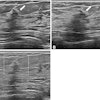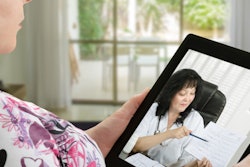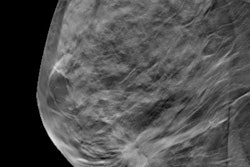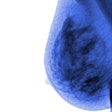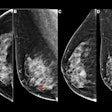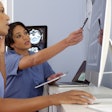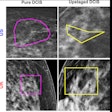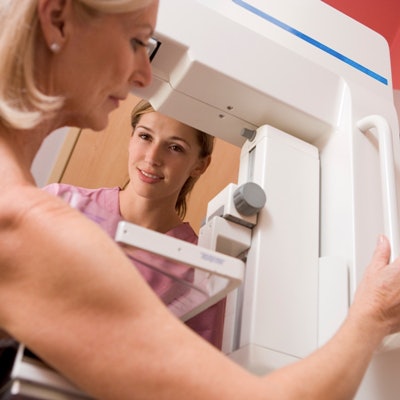
Almost half of women are unaware of the importance of having baseline mammography exam data available at screening mammography -- which puts them at a higher risk of having false-positive results and being recalled, according to a study published online September 12 in the Journal of the American College of Radiology.
Patients continue to treat healthcare as a consumer market, presenting at different facilities depending on their insurance coverage, location, or other factors. Not having baseline mammography information when they appear for screening for the first time boosts their chances of being recalled, which can lead to increased costs, anxiety, discomfort, and sometimes unnecessary biopsies, wrote a team led by Dr. Robert Horsley of the Mayo Clinic in Phoenix.
"Because patients are more mobile than ever and insurance contracts are regularly changing, we are increasingly seeing patients seeking screening care at different facilities. ... Given that patients are a part of their own care, it is important to engage patients directly to ensure they are aware and prepared to provide baseline mammograms at the time of screening mammography and not solely rely on their referring provider," the group wrote.
Horsley and colleagues conducted an anonymous survey of 401 women who did not have a history of breast cancer and who presented for a screening mammogram between March and April 2017. Of the survey participants, 93% were educated beyond the high school level.
Most of the women (77%) reported having yearly mammography, and 31% reported a history of abnormal mammograms. But almost half (46%) had not heard of the term "baseline mammogram"; if they had, one-third had heard it from their primary care provider (31%), 9% from a radiologist or other specialist, and 4% from media sources.
And although almost three-quarters (73.7%) of the study participants were able to correctly define the term when they filled out the survey, 67% did not think having baseline mammography data was important for reducing costs, time, and discomfort due to the number of mammograms that could be incorrectly interpreted as abnormal.
It's possible that women haven't heard the term baseline mammogram because it's not widely used in public education efforts around screening mammography, according to the researchers. This suggests that efforts are warranted to improve women's understanding of the term and the importance of having prior mammography results with them when they undergo screening at a new facility.
"We believe educating and empowering women to advocate for themselves by ensuring their baseline mammograms are available at the time of screening is important and a potential point of discussion," they concluded.
"In future studies, we plan to survey referring providers to see how aware they are of the importance of baseline mammograms being available at the time of screening and how frequently they are counseling patients on this topic," they added.


